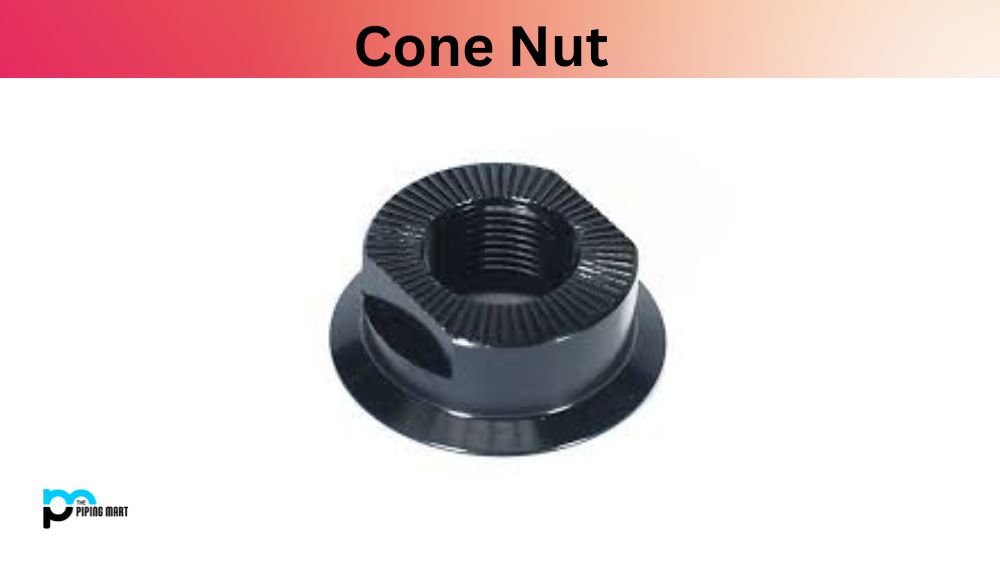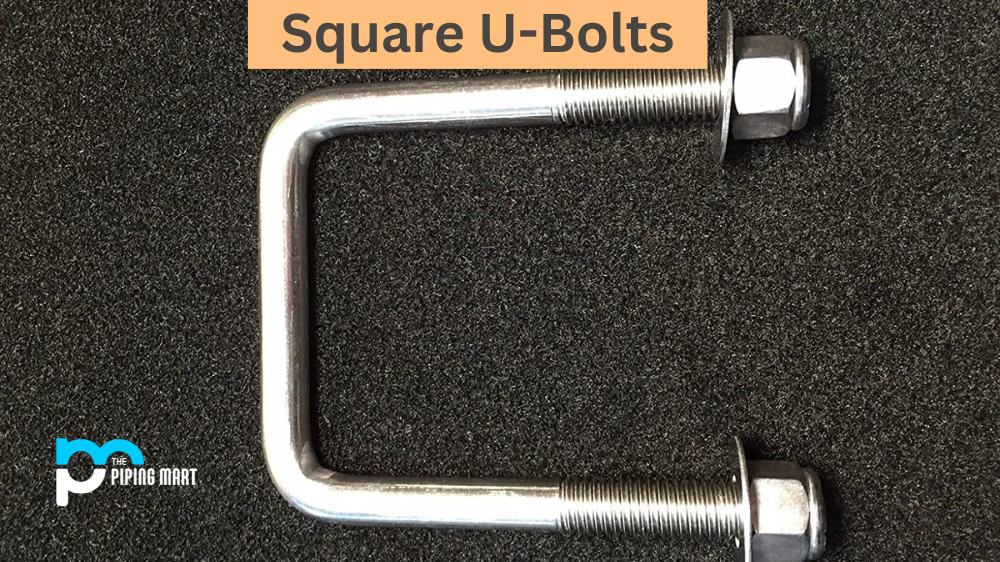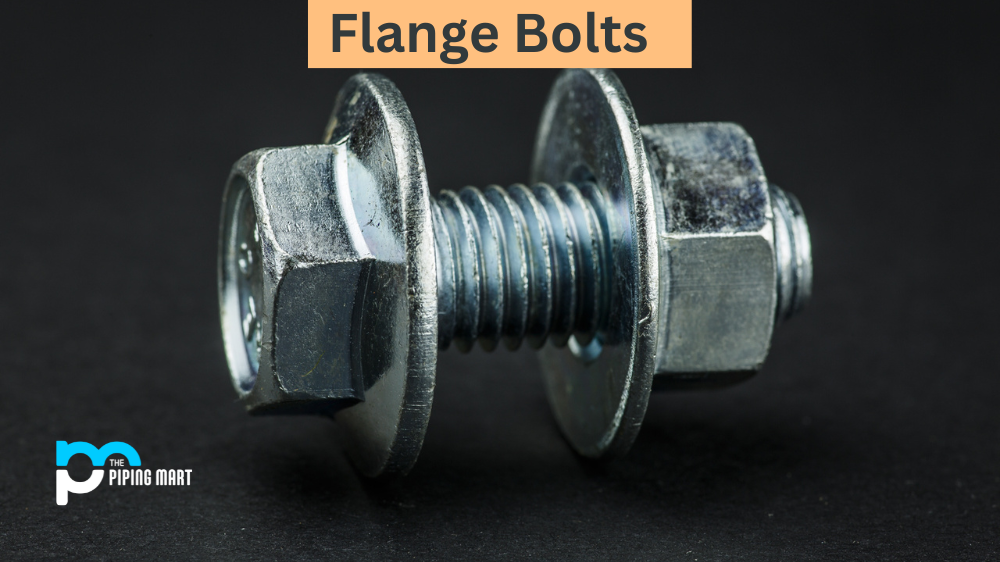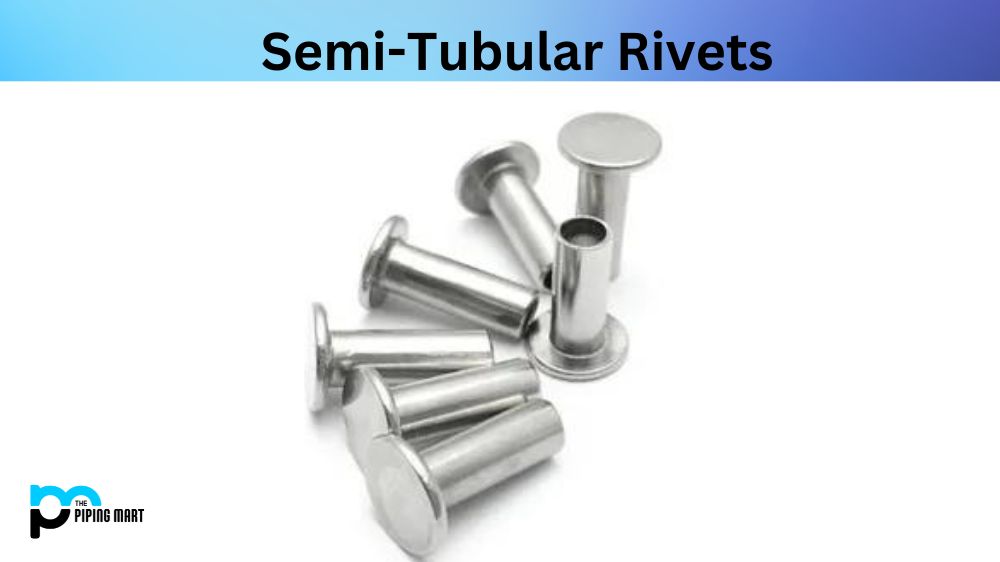Fasteners are small components essential in engineering, automotive, and other industries. One of the most commonly used fasteners is the cone nut. Cone nuts come in different shapes, sizes, and materials and play an important role in securing bolts and screws. Despite their importance, many people need to become more familiar with cone nuts and their properties. That’s why we’ve put together this comprehensive guide to cone nut: its composition, properties, and common uses.
What is Cone Nut?
Cone nuts, also known as flange nuts, are a type of fastener used in many industrial applications. They feature a domed top and an internal threading pattern often tapered on one side to create a more secure fit. The shape of the nut allows it to mate with a washer or other mating piece for additional stability. Their heavy-duty construction makes them ideal for joining components in engines, machinery and other equipment that may experience vibration or stress during operation. They are also used extensively in furniture assembly due to their strength and resistance to loosening over time.
Definition
A cone nut is a fastener to secure bolts, screws, and other components. It is also known as a cone-shaped nut or a conical nut. A cone nut has a wide base that tapers to a smaller diameter at the top, forming a cone shape. This unique shape allows the nut to be used in tight spaces where a traditional hexagonal nut cannot fit.
Cone Nuts Properties
Cone nuts have several properties that make them ideal for various applications. These properties include:
High strength: Cone nuts are designed to withstand high tensile and shear forces without breaking or deforming.
Corrosion resistance: Certain types of cone nuts, such as stainless steel and titanium, are resistant to corrosion, making them ideal for use in harsh environments.
Tight space versatility: The cone shape of the nut allows it to be used in tight spaces where a traditional hexagonal nut cannot fit.
Easy installation and removal: Cone nuts can be easily installed and removed using a wrench or pliers.
Cone Nuts Composition
Cone nuts are typically made of high-strength steel, stainless steel, and titanium. Steel cone nuts are the most common type, available in various grades, such as grade 2, grade 5, and grade 8. Stainless steel cone nuts are used in applications where corrosion resistance is important, such as marine and outdoor environments. Titanium cone nuts are lightweight, strong, and corrosion-resistant, making them ideal for aerospace and other high-performance applications.
Common uses
Cone nuts are commonly used in automotive, aerospace, construction, and other industries. Some of their common uses include:
Securing bolts and screws in tight spaces
Automotive and motorcycle parts, such as wheel hubs and exhaust systems
Construction and building structures
Aerospace and aviation applications, such as engine components and landing gear.
Importance of proper installation and torque
To ensure optimal performance and safety, installing cone nuts properly and applying the correct torque is important. Over-tightening can cause the nut to strip or break, while under-tightening can cause the nut to loosen and compromise the integrity of the fastening. It is important to follow the manufacturer’s recommendations for torque specifications and use a calibrated torque wrench for installation. Regular maintenance and inspection of cone nuts can also help prevent failure and ensure longevity.
Conclusion:
In conclusion, cone nuts are important in fastening and securing components in various industries. From their unique shape to their high strength and corrosion resistance, cone nuts have several properties that make them ideal for various applications. As with any fastener, proper installation and torque are important for optimal performance and safety. If you are still determining which type of cone nut to use for your application, consult a qualified fastener supplier or engineer.
Meet Heer, a dynamic and driven writer learning tricks of her trade in the metal industry. With a background in Digital Marketing, Heer brings a unique perspective to her writing, sharing valuable insights. Apart from blogging she like reading and hiking.




